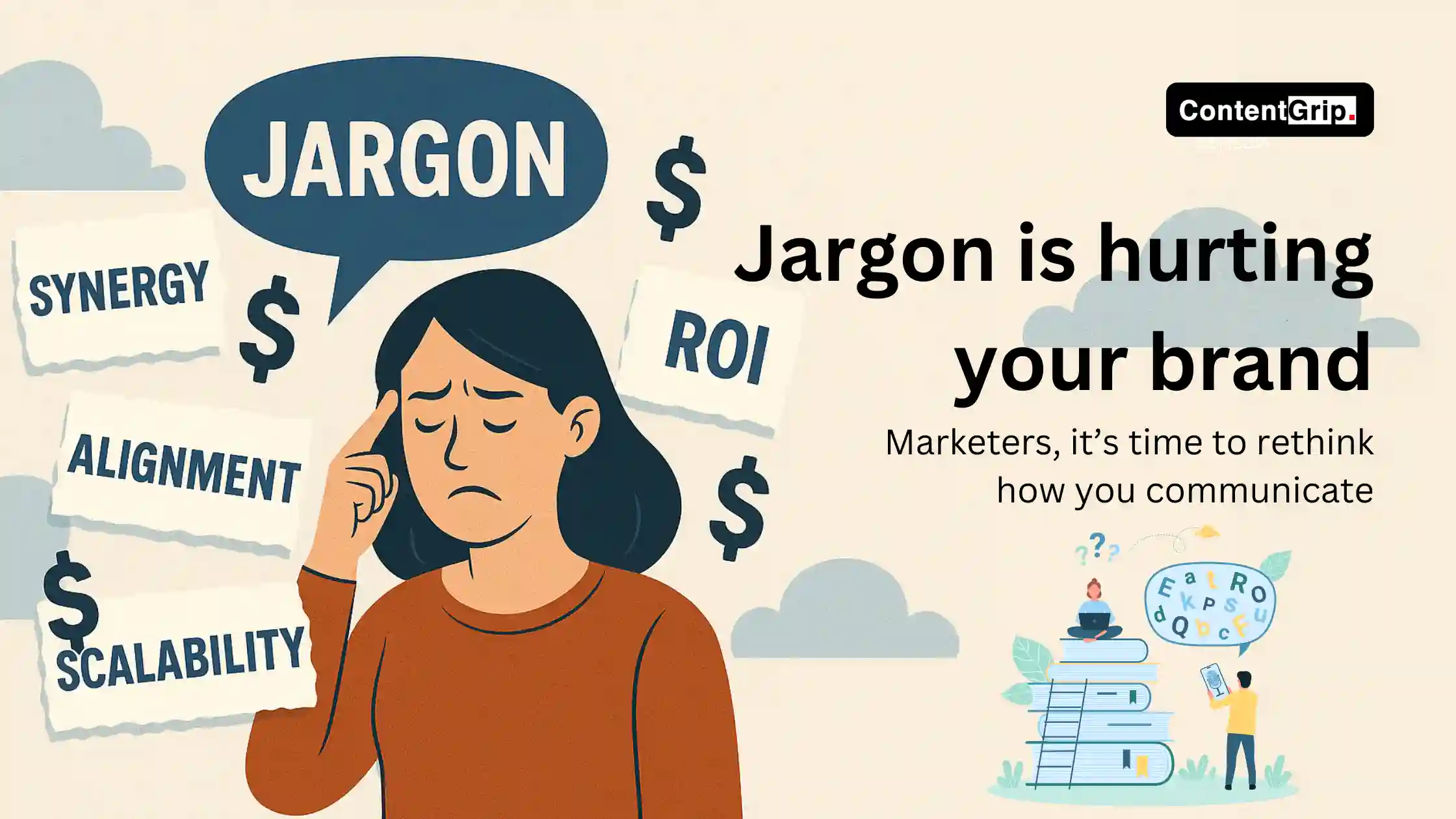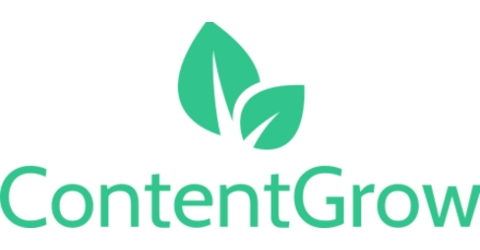Jargon could be costing your brand millions: new study warns marketers
Kickresume’s research shows that corporate jargon hurts communication and costs companies millions. Here’s what marketers need to know

Corporate jargon might seem like an inside joke among professionals, but a study by Kickresume suggests the punchline is costing businesses real money—and marketers might be among the worst offenders.
In research conducted by online resume platform Kickresume, jargon-laden communication was shown to dramatically reduce clarity and recall. When professionals read a memo full of vague buzzwords—think “leveraging operational synergies”—they not only misunderstood it more often but also remembered far less of it later.
The consequences? Slower work, muddled campaigns, and, at scale, lost revenue.
This article explores how the findings impact marketing teams specifically, and what your brand can do to cut through the clutter and communicate more effectively.

What the study uncovered
To measure the impact of corporate jargon, Kickresume conducted a straightforward experiment. Two groups of 25 participants were each given a version of a workplace memo. One version used plain language (“We are combining teams to work more efficiently and be more productive”), while the other was riddled with corporate-speak.
The results were stark. The plain-language group scored 80% on a reading comprehension test. The jargon group? Just 50%. Even worse, an hour later, the plain-language group could recall 34 key points from the memo, compared to only 12 from the jargon-heavy group.
Kickresume didn’t stop there. By cross-referencing the lost productivity with average white-collar wages (US$36/hour), they estimated that poor communication costs companies between US$546,000 (for 100 employees) and US$40 million (for 10,000 employees) annually.
Why this matters for marketing teams
Clear communication isn’t just a nice-to-have—it’s essential for effective marketing. When messages get bogged down in jargon, they don’t just lose impact—they slow teams down and stall results. Here’s why ditching the buzzwords can make your marketing sharper, faster, and more authentic.
1. Your copy isn’t converting if no one understands it
Marketers pride themselves on crafting clever messaging—but clever can turn into cryptic. Whether you’re briefing your internal team or pitching to a client, jargon can dilute clarity and reduce actionability.
“Operationalize the brand ethos”? Try “show what the brand stands for.”
2. Jargon lowers team efficiency and campaign speed
If half your team doesn’t understand the direction in a kickoff meeting or Slack message, expect delayed timelines, off-base creative, and more revision cycles. Communication gaps become budget drains, especially when campaign assets need to be redone.
3. Authenticity wins—especially with AI in the mix
As AI tools like ChatGPT start generating content, they often default to buzzword-heavy phrasing. The paradox? As jargon increases, simple, clear messaging will stand out even more.
“Some people write to impress rather than perform,” he said. “[Jargon] might make them feel better to begin with but it will rapidly have the opposite effect. People will simply stop reading their memos.” warned Tony Maher from the Plain English Campaign in an interview with ADWEEK. That includes your emails, blog posts, and paid ads.
What marketers should do about it
Corporate-speak and jargon-heavy copy may sound polished internally, but they often confuse or alienate readers. The following steps will help marketing teams audit their messaging, foster transparency, and ensure AI tools serve—not sabotage—their brand voice.
Audit your messaging for clarity
Use readability tools (like Hemingway or Grammarly) to test your copy. If the grade level is too high or sentences are overly complex, revise.
Look for phrases like “drive synergies” or “leverage holistic frameworks”—and replace them with real actions.
Create a team glossary of banned jargon
Get buy-in across your marketing and comms team by listing overused or unclear terms and agreeing to cut them. Encourage alternatives that anyone—from a junior exec to a stakeholder—can immediately understand.
Use AI wisely—but don’t let it write unchecked
Tools like ChatGPT are powerful for brainstorming, but left on autopilot, they default to “corporate voice.” Always edit for tone, clarity, and intent. If your team uses AI tools, include brand voice guidance in the prompt.

Train your team on effective communication
Workshops, lunch-and-learns, or micro-courses on writing clearly can go a long way. Equip your team with templates and examples of high-performing content that’s free of jargon.
The takeaway for marketing leaders
Every unread memo, misunderstood campaign brief, or unclear creative review costs more than frustration—it can add up to millions in lost productivity. With AI-generated fluff only set to increase, clarity has never been more valuable—or rare.
If you want your marketing to perform, start with language that works. Because the most impactful message is the one your audience actually understands.





